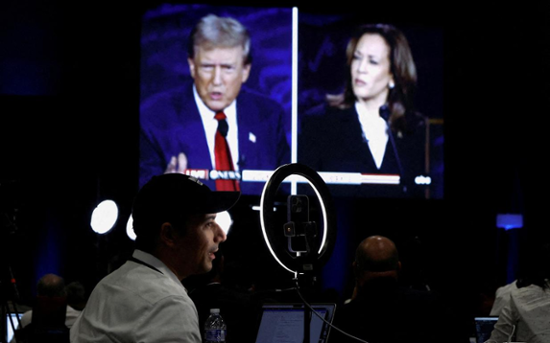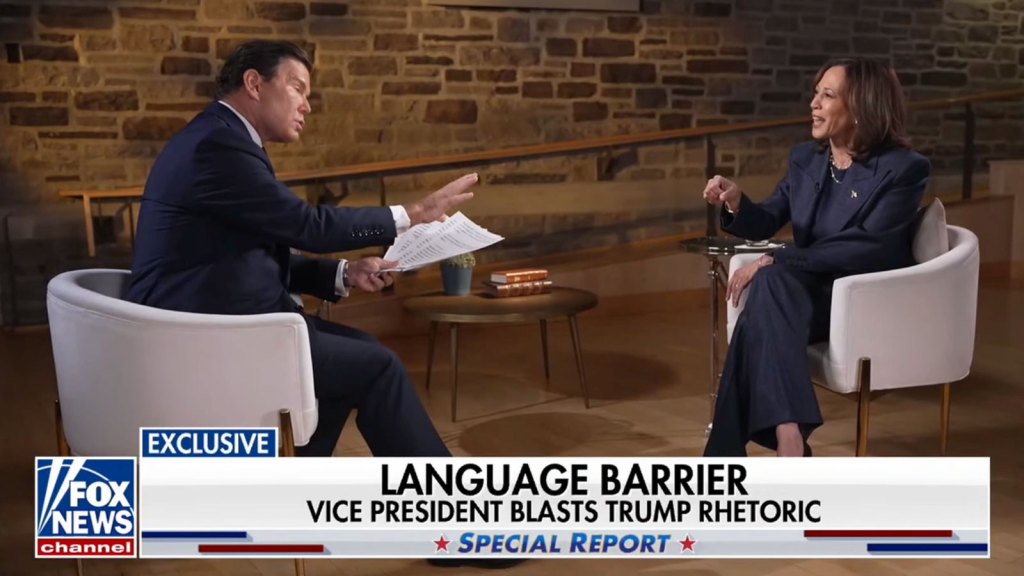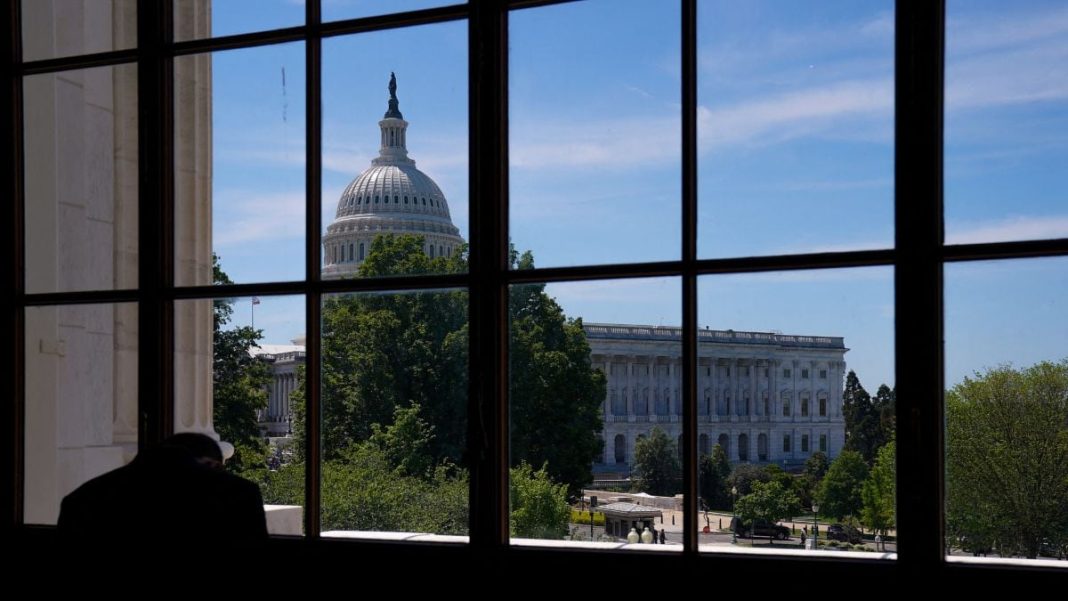Presidential Debate Highlights Geopolitical Stakes: Trump vs. Harris on Middle East Policy
In a highly anticipated presidential debate held on September 10 in Philadelphia, former President Donald Trump and current Vice President Kamala Harris faced off, with the stakes not just limited to domestic issues but extending into the complex realm of foreign policy. As tensions rise in the Middle East, particularly with the ongoing Israel-Gaza conflict, the candidates’ positions on U.S. involvement in the region could significantly influence their electoral prospects and the future of American foreign policy.
The debate unfolded against a backdrop of escalating geopolitical tensions, with the U.S. recently deploying troops and advanced missile defenses to Israel. This move has drawn sharp warnings from Iran, highlighting the precarious nature of U.S. military presence in the region. For Harris, the situation is particularly delicate as she seeks to secure Michigan, a crucial swing state with a notable Arab-American population that may be discontented with the White House’s pro-Israel stance.
As both candidates navigate these treacherous waters, experts suggest that regardless of who wins, the next president will confront a stark reality: U.S. influence in the Middle East is waning. John Calabrese, a senior fellow at the Middle East Institute, points out that the options available to the U.S. are becoming increasingly limited, with key issues such as the Gaza conflict, relations with Gulf Arab states, and managing Iran taking center stage.
Interestingly, the Republican Party’s platform under Trump mentions the Middle East only twice, emphasizing a vague commitment to "stand with Israel" without delving into specifics. On the other hand, while Harris has not released a detailed foreign policy plan, she has consistently voiced support for Israel while also acknowledging the humanitarian needs of Palestinians. This alignment on key issues suggests that both candidates may not diverge as much as one might expect when it comes to Middle East policy.
Despite the lack of clarity in their official platforms, the overarching theme remains: both candidates are likely to continue supporting Israel while grappling with the complexities of the region. Trump’s administration was marked by strong backing for Israel and a hardline stance on Iran, while Harris is expected to follow President Biden’s approach, balancing support for Israel with humanitarian considerations for Palestinians.
As the debate highlighted, the U.S. is at a crossroads. Experts like Ahmed Aboudouh from Chatham House argue that the U.S. may increasingly prioritize its competition with China in the Asia-Pacific region, leading to a reduced direct engagement in Middle Eastern conflicts. This shift is evident in the ongoing efforts to normalize relations between Israel and Arab states, a strategy initiated during Trump’s presidency that has faced challenges due to the current conflict.
Moreover, China’s growing influence in the Middle East poses a new challenge for the U.S. Beijing has been actively positioning itself as a counterpoint to American dominance, recently brokering diplomatic agreements between Saudi Arabia and Iran, and facilitating unity among Palestinian factions. This shift could reshape the dynamics of U.S. foreign policy, as Washington grapples with the implications of China’s increasing role in a region traditionally seen as its sphere of influence.
As the debate concluded, it became clear that the next president will have to navigate a complex landscape where U.S. involvement in the Middle East is becoming increasingly unsustainable. With both candidates facing pressure to address the ongoing conflicts while managing their domestic political landscapes, the outcome of this election could have lasting implications for American foreign policy in the region and beyond.
In the end, whether it’s Trump or Harris, the message is clear: the next administration will need to recalibrate its approach to the Middle East, balancing the demands of international relations with the realities of a shifting geopolitical landscape. As voters head to the polls, they will be weighing not just the candidates’ domestic agendas, but also their visions for America’s role in a world where influence is contested and alliances are constantly evolving.



